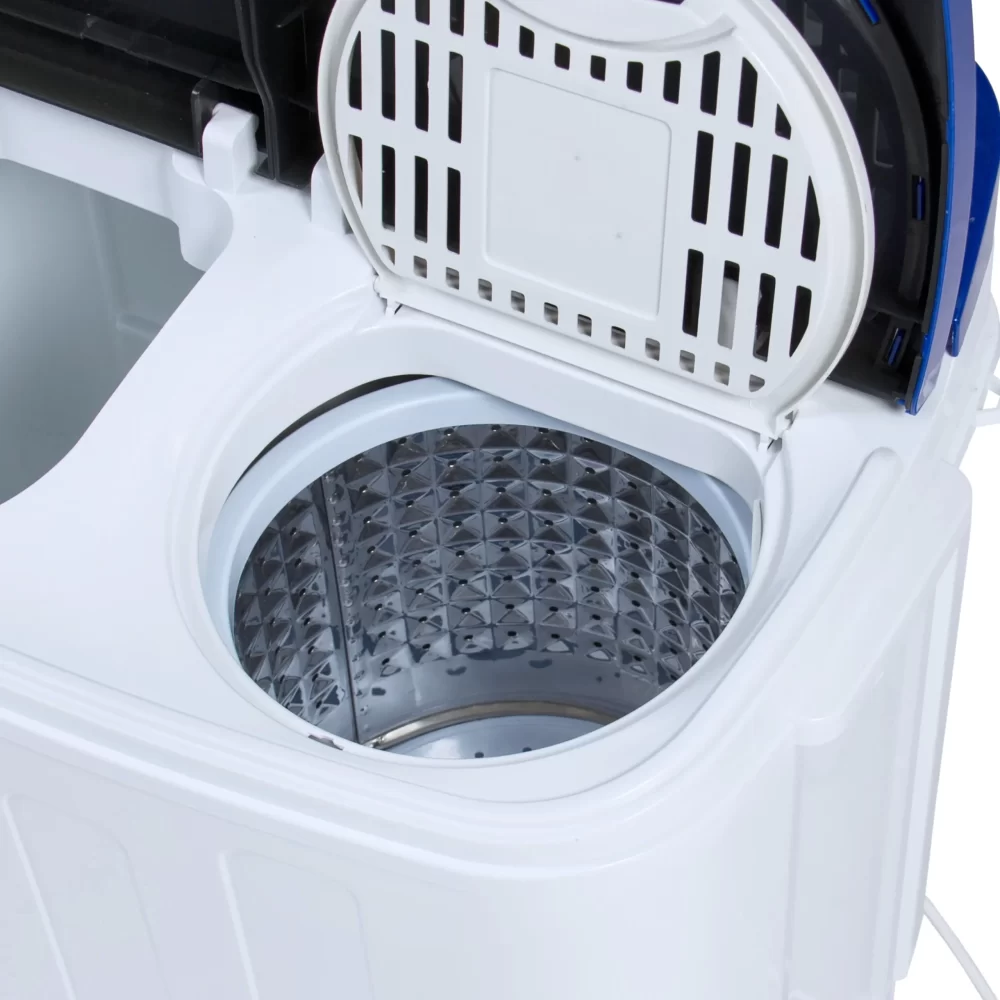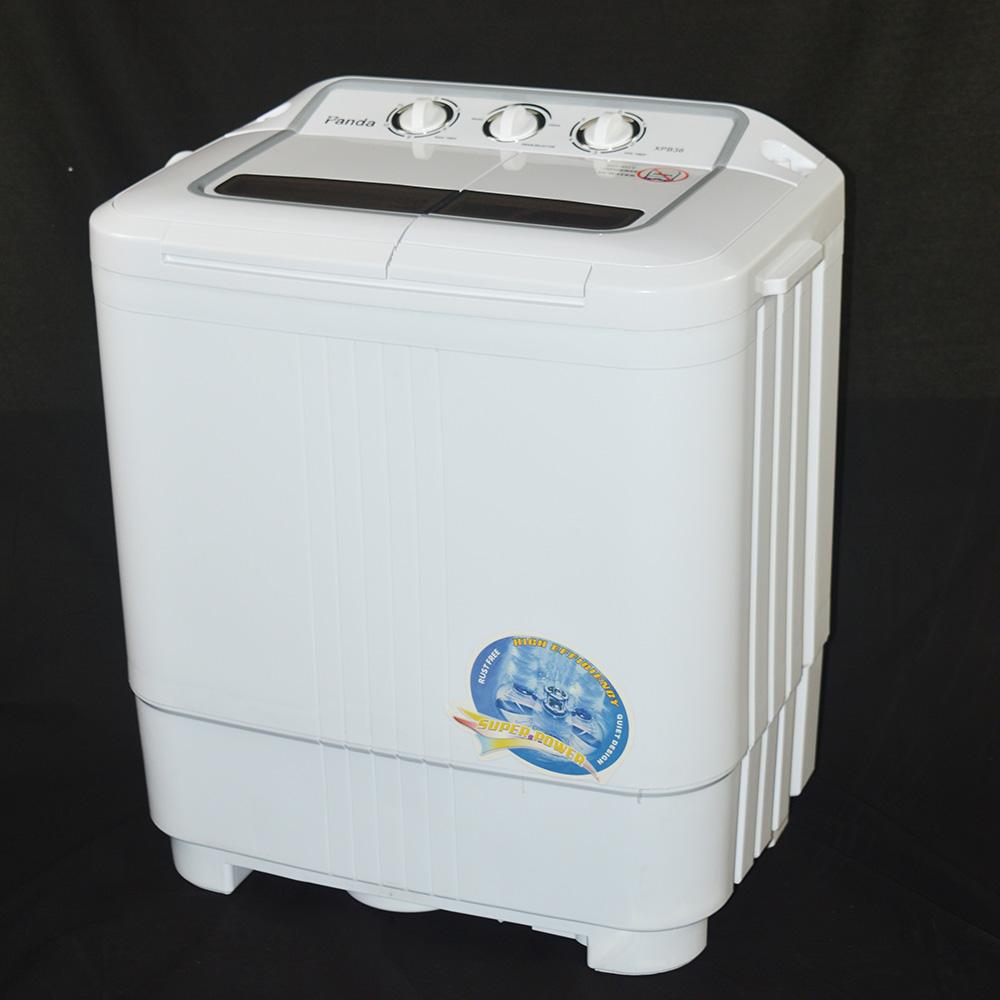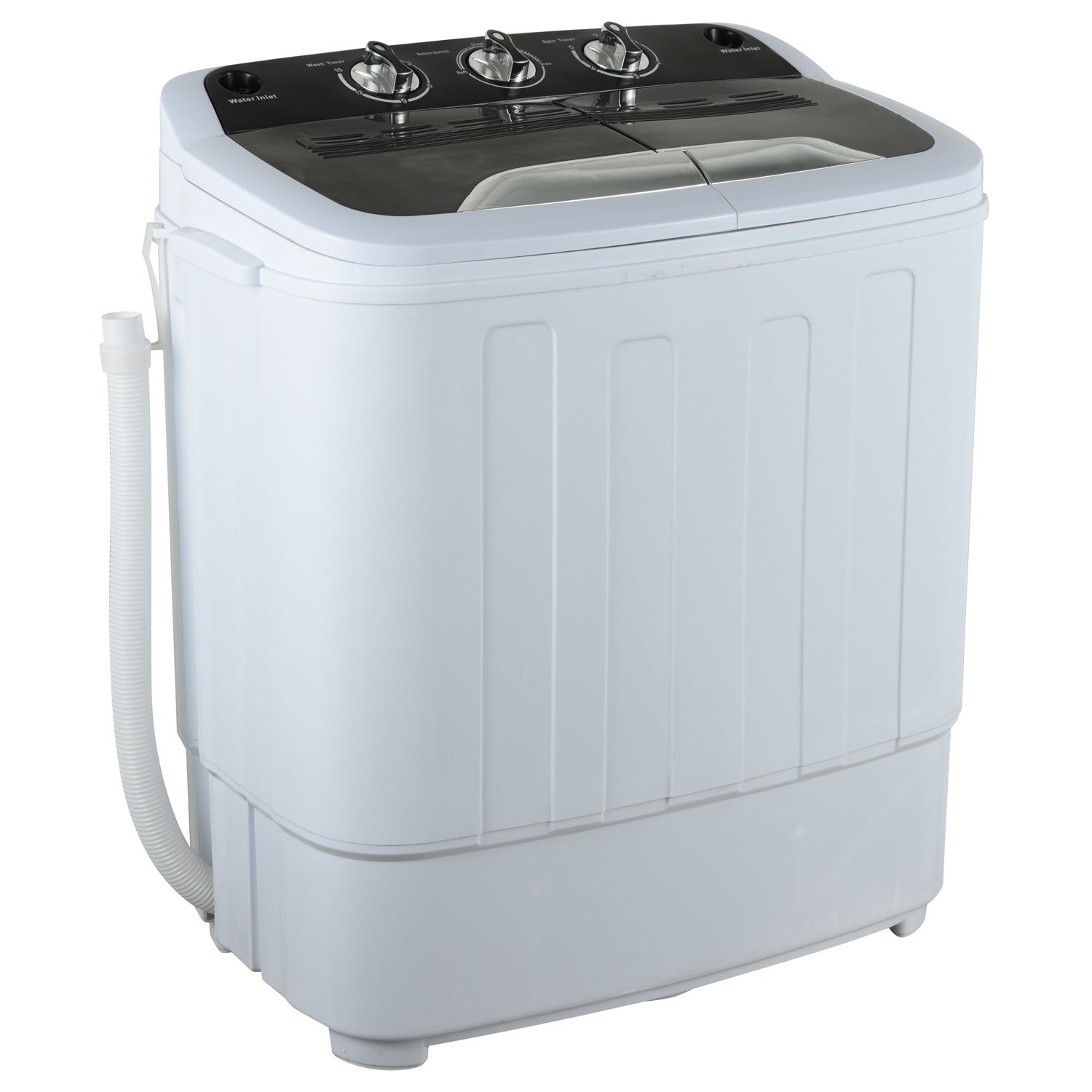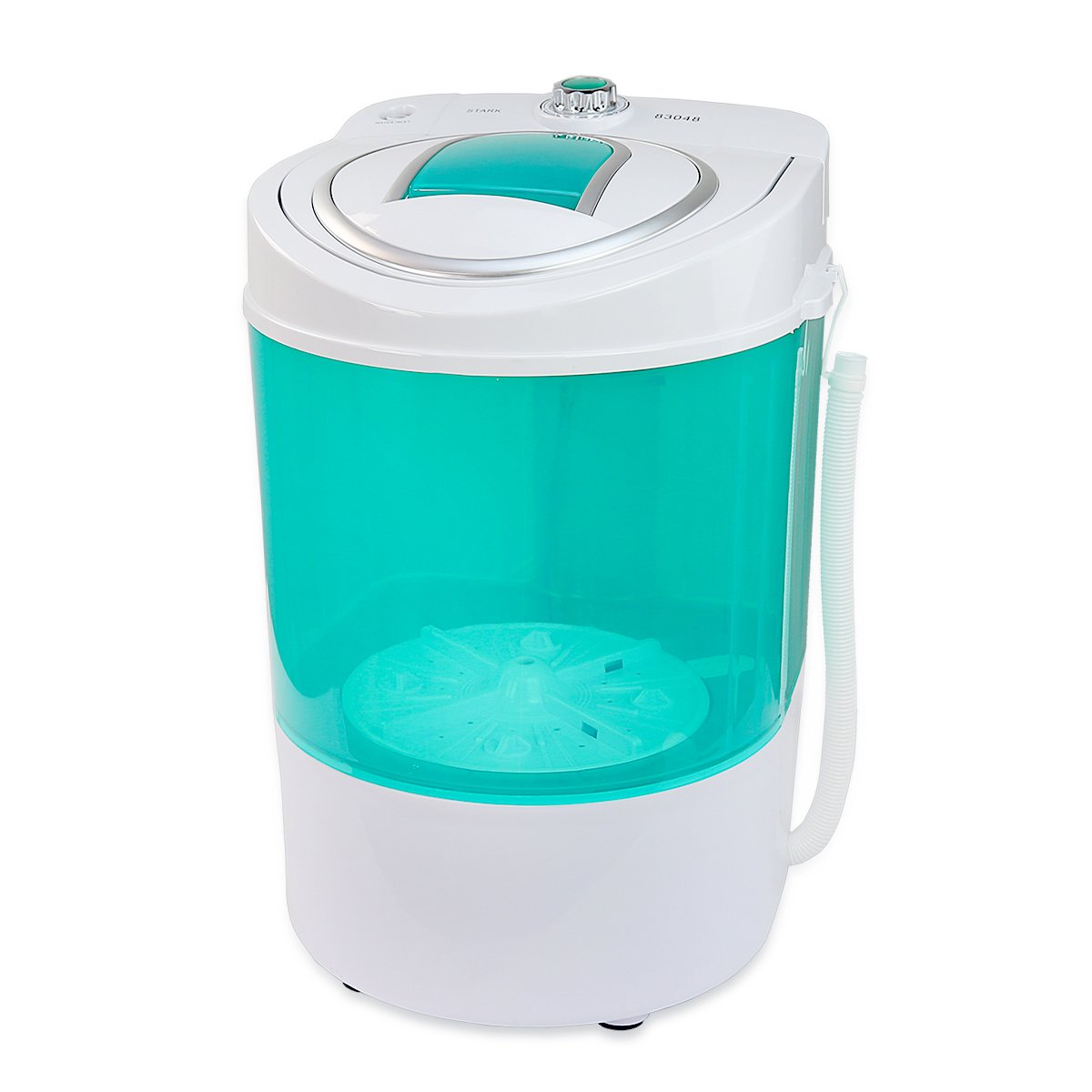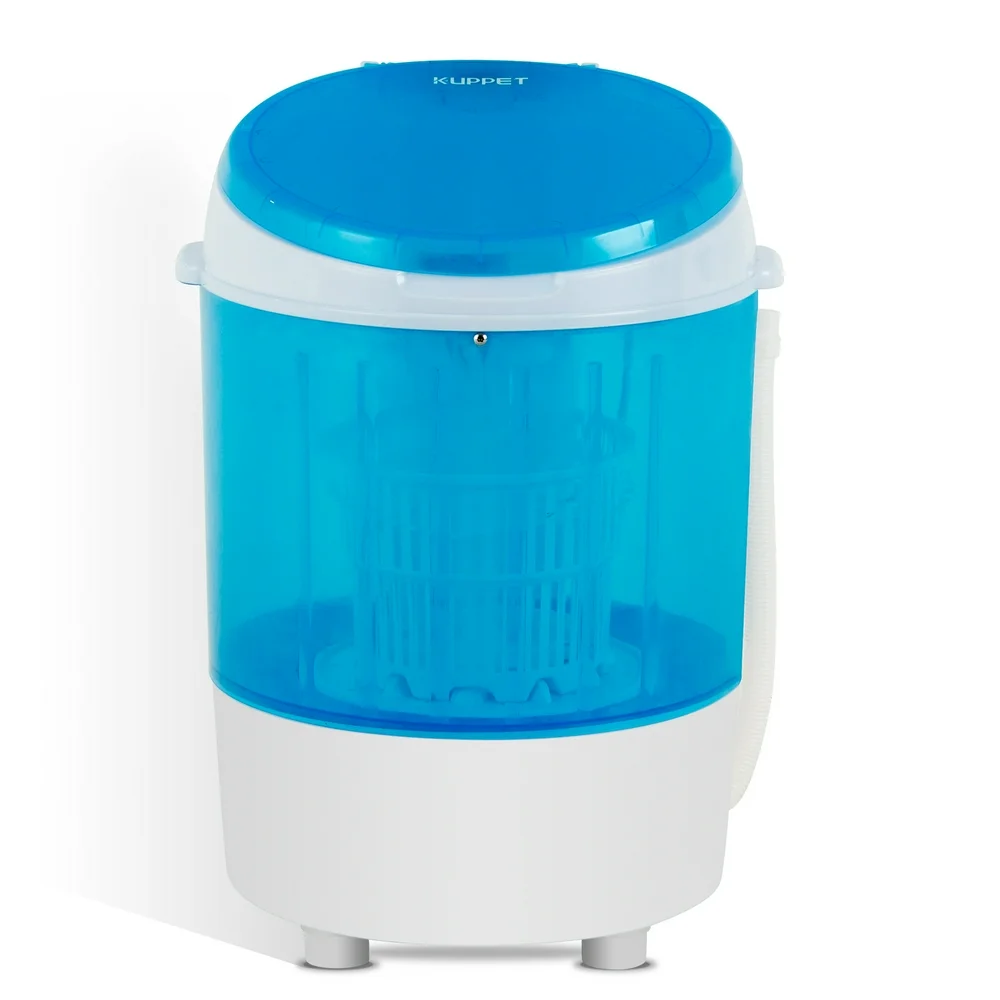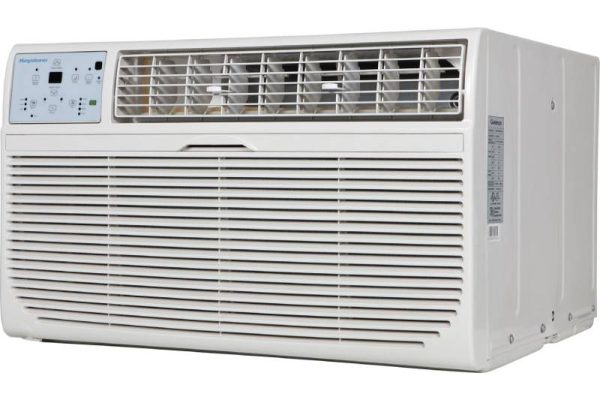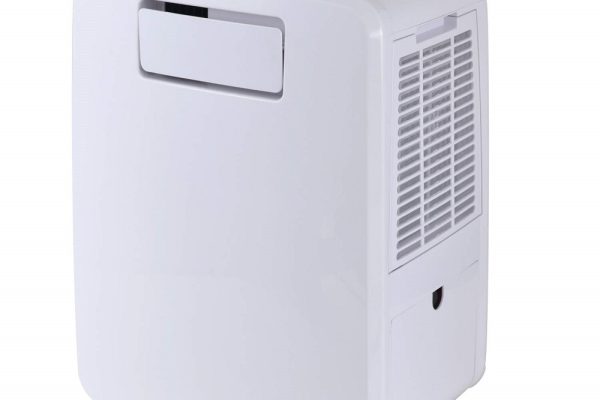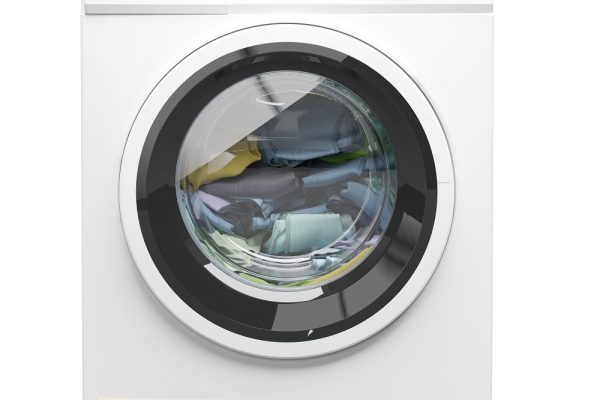Introduction
In today’s fast-paced world, having a reliable small washing machine is essential for those living in apartments, dorms, or small homes. Whether you’re dealing with limited space, minimal laundry needs, or simply prefer a more energy-efficient option, a small washing machine can be a game-changer. This article explores the benefits of small washing machines, the different types available, key features to consider, and top recommendations to help you make an informed decision and optimize your laundry routine.
The Importance of a Small Washing Machine in Modern Living
As urban living spaces become increasingly compact, the demand for space-saving appliances rises. A small washing machine addresses this need by offering a compact yet efficient solution for everyday laundry tasks. Not only do these machines save valuable space, but they also consume less water and energy compared to their larger counterparts. Consequently, they are perfect for individuals who aim to maintain a clean wardrobe without compromising on convenience or environmental responsibility.
Advantages of Owning a Small Washing Machine
Investing in a small washing machine brings numerous benefits that enhance your daily life:
- Space Efficiency: Small washing machines are designed to fit into tight spaces, such as under sinks, in closets, or on countertops.
- Energy Savings: These machines typically use less water and electricity, reducing your utility bills and environmental footprint.
- Cost-Effective: Generally, small washing machines are more affordable upfront and have lower operational costs.
- Portability: Many models are lightweight and easy to move, making them ideal for renters or those who frequently relocate.
- Quick Wash Cycles: Smaller loads mean shorter wash times, allowing you to complete laundry tasks swiftly.
Key Features to Consider
Selecting the right small washing machine involves evaluating several key features to ensure it meets your specific laundry needs. Here’s a detailed guide to help you make an informed decision.
Capacity and Size
Determine the amount of laundry you typically handle. Small washing machines come in various capacities, usually ranging from 1.6 to 2.5 cubic feet. For singles or couples, a smaller capacity is sufficient, while those with larger laundry needs might require a slightly bigger drum without compromising on the machine’s compact footprint.
Washing Programs and Settings
Different washing machines offer various programs tailored to specific fabrics and washing needs. Look for models with multiple cycle options, such as delicate, heavy-duty, quick wash, and eco-friendly settings. This versatility ensures that you can handle everything from everyday clothing to specialty items with ease.
Energy and Water Efficiency
An energy-efficient washing machine not only reduces your utility bills but also lessens your environmental impact. Check for models with high energy ratings and features like load sensors that adjust water usage based on the laundry volume. Additionally, consider machines that offer eco-friendly wash cycles to further enhance sustainability.
Noise Level
If your washing machine will be located near living or sleeping areas, consider the noise level during operation. Look for models with noise-reduction technology or quieter motors to ensure a peaceful environment while your laundry is in progress.
Ease of Use and Maintenance
Choose a washing machine that is easy to operate and maintain. Features like intuitive control panels, clear displays, and easy access to detergent compartments enhance usability. Additionally, models with removable parts or self-cleaning functions simplify maintenance, ensuring your machine stays in top condition.
Portability and Storage Options
For those who need to move their washing machine frequently, portability features such as wheels and lightweight designs are crucial. Consider whether the machine can be easily stored when not in use, especially if you have limited space. Some portable washers come with storage hooks or mounts for added convenience.
Durability and Build Quality
Investing in a durable washing machine ensures long-term performance and reliability. Look for models made from high-quality materials, with sturdy construction and reputable brands known for their longevity. A well-built machine can withstand frequent use and maintain efficiency over time.
How to Choose the Best Small Washing Machine for Your Home
Selecting the perfect small washing machine involves assessing your specific needs and evaluating various features to ensure the machine aligns with your lifestyle. Here are some detailed considerations to help you make the right choice.
Assess Your Laundry Needs
Begin by evaluating the amount of laundry you typically handle. If you live alone or have a small family, a compact model with a 1.6 cubic feet capacity should suffice. For those with higher laundry demands, consider a machine with a slightly larger drum without significantly increasing its footprint.
Consider Your Available Space
Measure the space where you intend to place the washing machine. Ensure that the unit you choose fits comfortably without causing clutter. Additionally, consider the machine’s height and depth to make sure it aligns with your storage areas, such as under sinks or in closets.
Evaluate the Machine’s Features
Different small washing machines offer various features. Decide which ones are essential for your needs:
- Wash Programs: Multiple cycles for different fabric types and soil levels.
- Spin Speed: Higher spin speeds can reduce drying time by extracting more water.
- Digital vs. Manual Controls: Choose based on your preference for ease of use and precision.
- Stackability: If you plan to add a dryer later, a stackable model can save space.
Look for Energy and Water Efficiency
Opt for models with high energy and water efficiency ratings. Energy-efficient machines not only reduce your utility bills but also lessen your environmental impact. Look for certifications like ENERGY STAR to ensure you’re getting a sustainable option.
Check Portability and Installation Requirements
If you need a machine that can be moved frequently, prioritize portability features such as lightweight design and wheels. Additionally, ensure that the washing machine can be easily connected to faucets without requiring professional plumbing assistance, especially if you plan to use it in different locations.
Read Reviews and Compare Brands
Before making a purchase, read customer reviews to gain insights into the machine’s performance, durability, and reliability. Comparing different brands and models helps you identify the best product that meets your criteria and ensures you’re investing in a trustworthy appliance.
Set a Budget
Determine your budget before shopping for a small washing machine. Prices vary based on features, brand, and capacity. While it might be tempting to opt for the cheapest option, consider the long-term value and reliability of the machine to ensure it meets your needs without frequent replacements or repairs.
Maintenance Tips
Proper maintenance is crucial to keep your small washing machine in excellent working condition and extend its lifespan. Follow these tips to ensure your machine remains efficient and hygienic.
Regular Cleaning
After each use, clean the machine to prevent residue buildup. Wipe down the drum and seals with a damp cloth to remove any leftover detergent or fabric softener. Regular cleaning prevents mold and mildew growth, maintaining the hygiene of your laundry.
Descale Periodically
Hard water can cause mineral deposits to accumulate inside your washing machine, affecting its performance. Descale your machine every few months using a suitable descaling agent or a mixture of vinegar and water. This process ensures the machine operates smoothly and extends its longevity.
Check Hoses and Connections
Regularly inspect the hoses and connections for any signs of wear, leaks, or damage. Replace any faulty hoses immediately to prevent water leaks and potential flooding. Secure all connections tightly to ensure efficient water flow during wash cycles.
Use the Right Detergent
Always use detergents specifically designed for your washing machine type. Avoid using excessive detergent, as this can lead to residue buildup and affect the machine’s performance. Following the manufacturer’s guidelines on detergent usage ensures optimal cleaning results and prevents unnecessary strain on the machine.
Avoid Overloading
While it might be tempting to wash larger loads to save time, overloading your washing machine can strain its components and reduce cleaning effectiveness. Follow the recommended load capacity to ensure each wash cycle is efficient and prevents undue wear on the machine.
Schedule Regular Maintenance
Consider scheduling regular maintenance checks with a professional technician. Routine inspections can identify and address potential issues before they escalate, ensuring your washing machine remains in top condition and operates efficiently.
Enhancing Your Laundry Routine
A small washing machine not only simplifies the laundry process but also enhances your overall lifestyle by providing a convenient and efficient way to manage your clothes. Here are some tips to maximize the benefits of using a small washing machine:
Optimize Load Distribution
Properly distributing your laundry load ensures even washing and prevents the machine from becoming unbalanced. Arrange clothes evenly around the drum to maintain stability during wash cycles, improving cleaning performance and reducing wear on the machine.
Sort Your Laundry
Sorting laundry by color, fabric type, and soil level allows for more effective washing and prevents damage to delicate items. Use designated baskets for different types of clothing to streamline the sorting process and enhance the efficiency of each wash cycle.
Use Fabric Softeners Wisely
Fabric softeners can add a pleasant scent and reduce static cling, but excessive use can lead to residue buildup in your small washing machine. Follow the manufacturer’s instructions on the appropriate amount to use, ensuring optimal fabric softening without compromising machine performance.
Schedule Regular Washes
Maintaining a consistent laundry schedule prevents the accumulation of large loads and reduces the strain on your small washing machine. Regular, smaller loads are easier to manage, quicker to wash, and more efficient in terms of water and energy usage.
Store Laundry Supplies Strategically
Organize your laundry supplies, such as detergent, fabric softener, and stain removers, near your washing machine. This arrangement makes it easier to access what you need, streamlining your laundry routine and saving time.
Treat Stains Promptly
Addressing stains immediately improves the chances of successful removal. Pre-treat stains before loading them into the washing machine to ensure your clothes come out clean and fresh, enhancing the overall effectiveness of your laundry routine.
Dry Clothes Properly
After washing, ensure clothes are dried properly to prevent mildew and odors. Use a drying rack or a compact dryer in conjunction with your small washing machine to maintain the quality and freshness of your garments.
Maintain Machine Hygiene
Regularly clean the washing machine’s drum, seals, and detergent compartments to prevent mold and bacteria buildup. Keeping your machine hygienic ensures your clothes are clean and fresh after every wash, promoting better overall laundry results.
Invest in Quality Laundry Accessories
Quality laundry accessories, such as mesh laundry bags and sturdy hangers, protect your clothes during the wash cycle. Using these accessories helps maintain the integrity of your garments, extending their lifespan and ensuring they remain in excellent condition.
Leverage Technology for Efficiency
Modern small washing machines come equipped with advanced features like smart controls, scheduling, and auto-dosing. Utilize these technologies to automate and optimize your laundry routine, making it more efficient and hassle-free.
The Environmental Impact of Choosing a Small Washer
Selecting a small washing machine also involves considering its environmental impact. Opting for energy-efficient models and sustainable practices can reduce your carbon footprint and promote eco-friendly living.
Energy Efficiency
Choose washing machines with high energy ratings to minimize electricity consumption. Energy-efficient models not only lower your utility bills but also contribute to environmental conservation by reducing overall energy demand. Look for models with ENERGY STAR certification to ensure maximum efficiency.
Water Conservation
Small washing machines typically use less water than larger units, making them a more sustainable choice. This reduction in water usage helps preserve this vital resource and decreases the strain on local water supplies, particularly in areas prone to drought.
Reducing Single-Use Products
Using a small washing machine minimizes the need for single-use laundry products, such as disposable dryer sheets and excessive packaging around detergents. Choose eco-friendly detergents and reusable laundry accessories to further reduce waste and support sustainable living.
Final Thoughts
In summary, selecting the small washing machine that best suits your needs involves understanding the different types available, evaluating key features, and considering your personal laundry requirements and lifestyle. Whether you prioritize space efficiency, energy savings, portability, or eco-friendliness, there’s a small washing machine out there that perfectly matches your criteria. Investing in a high-quality small washing machine not only enhances your daily convenience but also supports a more sustainable and organized living environment.
By following this comprehensive guide, you can confidently choose a small washing machine that elevates your laundry experience, ensures efficient and effective cleaning, and fits seamlessly into your living space. Embrace the benefits of a compact laundry solution today, and enjoy the ease and efficiency of a well-chosen small washing machine tailored to your unique needs.
